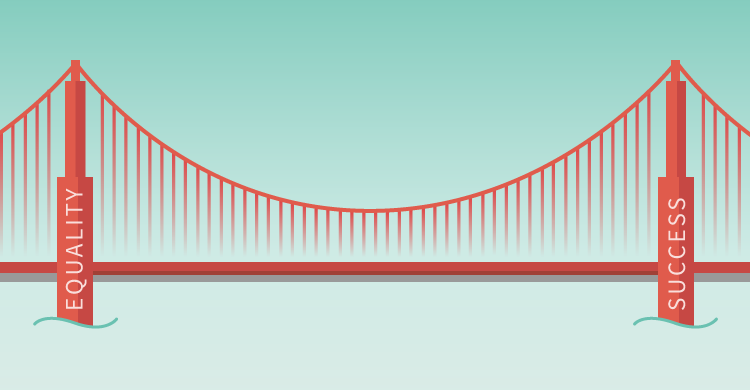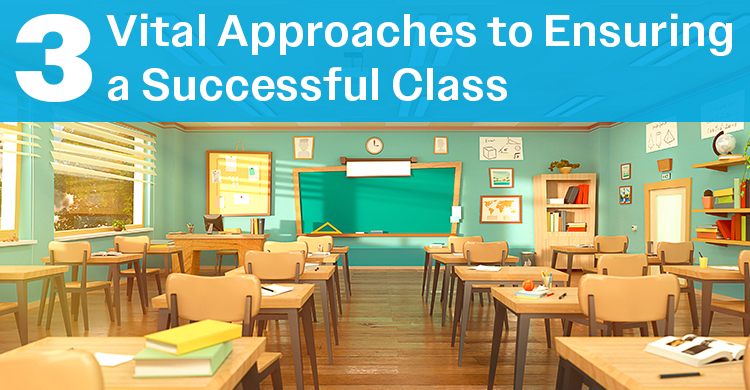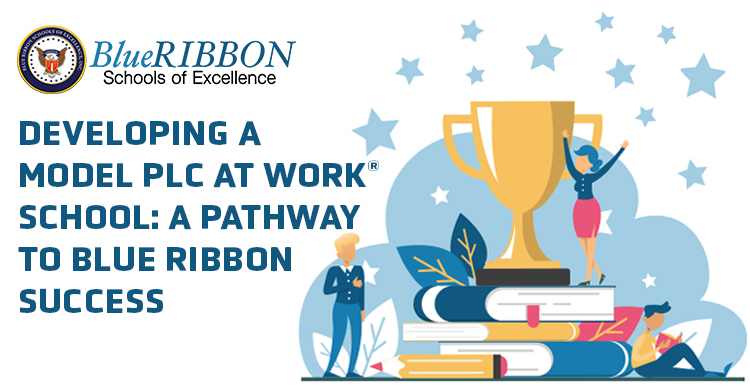The philosophical foundation of the public school system is the principle of equality. Equality is the belief that everyone deserves an equal chance at success and that everyone is capable of achieving success. Every system in a professional learning community is built upon this concept. “When a school or district functions as a PLC, educators within the organization embrace high levels of learning for all students as both the reason the organization exists and the fundamental responsibility of those who work within it ” (DuFour, DuFour, Eaker, & Many, 2010, p. 11). This concept resonates in our soul and makes us feel like we are a part of something bigger than ourselves. Unfortunately, what is true conceptually is not always true in reality. The truth is that we love the concept of equality in theory, but our collective behavior as a society rejects it in reality.
The truth is that schools are more racially and socioeconomically segregated today than at any time in our history. In fact, the symbol of success in 2014 is to live in a racially segregated suburban neighborhood and to send our children to a school that reflects that same racial and socioeconomic stratification (Goyette & Lareau, 2014). The racial and economic test score gap continues to grow, even as we have declared that this is an era of “No Child Left Behind.” Today’s political climate in both the Republican and Democratic parties is heavily weighted in the favor of the middle class, while very little attention is paid to the needs of the poor.
Equality is a wonderful concept, but it is under feverish attack in the modern context. Schools represent the best chance to restore the hope of equality. Educators are best positioned to create systems and implement practices that bring out the best in every student and create a world based upon the belief that all men/women are created equally. If equality is important to you, answer the following questions and ponder your authentic answers:
1. Does it bother you when a student does not excel?
2. Do the students who struggle fit a certain profile?
3. Do you associate their struggles with their personal and/or family profile?
The answers to these questions will provide you insight into whether equality is a slogan or a core value in your professional practice. For all of our sakes, I hope that it is a core value.
References
DuFour, R., DuFour, R., Eaker, R., & Many, T. (2010). Learning by doing: A handbook for professional learning communities at work™. Bloomington, IN: Solution Tree Press.
Goyette, K., & Lareau, A. (2014). Choosing homes, choosing schools: Residential segregation and the search for a good school. New York, NY: Russell Sage Foundation.
[author_bio id=”31″]






